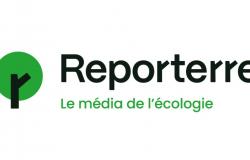In France, around 700,000 French people, or 1 to 2% of the population, are directly affected by autism spectrum disorders. Disorders that are part of the broader category of neurodevelopmental disorders, which affect one in six people. How to explain autism? What support? What treatments or avenues of research? The two guests of the Health Podcast enlighten us: Florent Chapel, father of an autistic child and Co-President of Autisme Info Service, and Thomas Bourgeron, head of the Human Genetics and Cognitive Functions laboratory at the Pasteur Institute in Paris.
Up to 15 million tourists, 15,000 athletes and 40,000 media representatives are expected for the Olympic and Paralympic Games. Influx of tourists, risk of heatwave, saturated emergencies: the JOPs represent a new organizational challenge for the hospital, in a period that is already typically tense. The Paris tourist office says it expects 150,000 additional people each day compared to a typical summer. A surplus which could result in 150 more daily visits to the emergency room according to AP-HP forecasts. How are health establishments preparing? What do emergency workers expect? How do they train? Professor Frédéric Adnet, head of the Paris SAMU, is the guest of Margaux de Frouville and Alain Ducardonnet.
This is a method that men are resorting to more and more: vasectomy. Nearly 23,306 vasectomies were performed in France in 2021. This is 12 times more than in 2010. What does this intervention consist of? How long does this operation take? Does it hurt? Doctor Antoine Faix, urologist-andrologist and vice-president of the French urology association, answers our questions.
Burnout is a state of physical, emotional and mental exhaustion that questions our relationship to work. More than one in 3 French people would be affected according to a survey. So what are the warning signs? And above all, how do we get out of it when we are concerned? Doctor Alain Meunier, psychiatrist-psychoanalyst and founder of the Burn-out Center answers our questions with Sylvie Bouron, the center’s director.
The first confinement was exactly 4 years ago. Schools, restaurants, bars were all closed, and the French were barricaded in their homes. So what conclusions can be drawn from Covid-19? Looking back, what could we have done without? And are we ready in the event of another pandemic? Professor Arnaud Fontanet, epidemiologist, answers us.
Endometriosis affects one in 10 women of childbearing age. However, this disease is underdiagnosed or diagnosed too late. What are the symptoms? How can we better diagnose and manage it? Camille Derveaux-Ringot, patient expert and entrepreneur, and Doctor Kamila Kolanska, gynecologist-obstetrician at Tenon hospital in Paris, are the guests of the Health Podcast to talk about it.
The microbiota is an unusual organ, different from a heart or a kidney. It is made up of bacteria, viruses and fungi and it begins to reveal its secrets. So what is the microbiota? How does it change throughout life? Nadine Cerf-Bensussan, Inserm 2023 grand prize, is our guest.
2-year-olds spend on average 56 minutes a day in front of a screen, although they should be avoided at this age. It’s even 1h20 at 3 years old! But what do we know scientifically on this subject? Can we regulate the use of screens? How can we best support parents? Professor Amine Benyamina, co-chair of the group of experts mandated by the Élysée to make recommendations on this subject, answers us.
An essential discipline, anesthesia has made enormous progress over the last 60 years. Even if there is sometimes apprehension when you have to be put to sleep, the risk of accident has become very low. So what happens when we fall asleep? What is the latest progress? Doctor Marie-Laure Cittanova-Pansard, anesthesiologist-resuscitator, is the guest of the Health Podcast.






